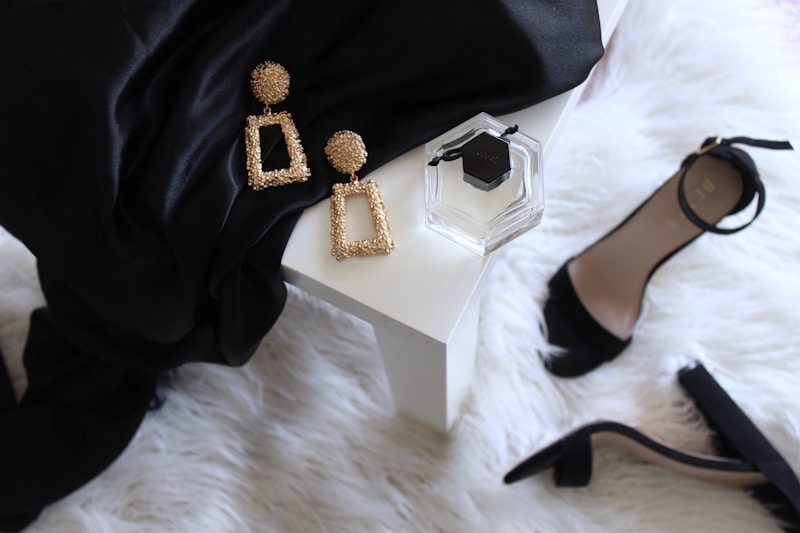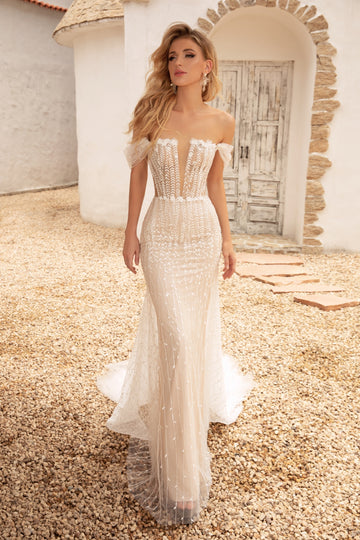Defining Luxury within a Financial Framework: Understanding Wealth and Value
Defining Luxury within a Financial Framework: Understanding Wealth and Value
Introduction
In today’s fast-paced world, the concept of luxury is often intertwined with wealth, status, and financial success. However, defining luxury within a financial framework requires a deeper understanding of what luxury truly means. Is it merely a high price tag, or does it encompass feelings of exclusivity, quality, and personal value? This article explores these questions and more, aiming to provide a comprehensive insight into luxury as perceived through a financial lens.
The Evolving Concept of Luxury
Traditionally, luxury items were those that only the wealthy could afford, showcasing exclusivity and high craftsmanship. However, with the democratization of luxury through globalization and social media, the definition of luxury is rapidly evolving. Consumers today do not just seek expensive items; they seek experiences that resonate with their personal values.
Understanding Luxury in Financial Terms
Luxury can be defined by several factors, including cost, value, and the emotional response it evokes. A financial framework allows us to quantify luxury, yet it also raises questions about sustainability, ethics, and societal impacts. The challenge lies in balancing these elements within a financial context.
Luxury and Its Financial Implications
When discussing luxury in financial terms, it’s essential to consider the following key aspects:
- Cost-Benefit Analysis: Evaluating whether the perceived benefits of luxury goods outweigh their costs.
- Investment Potential: Some luxury items, such as art and classic cars, can appreciate over time, suggesting a more profound financial value.
- Market Trends: Understanding how luxury brands adapt their pricing strategies in response to economic changes.
| Key Factors Influencing Luxury Value | Examples |
| Scarcity | Limited edition watches, exclusive fashion collections |
| Craftsmanship | Handmade furniture, bespoke tailoring |
| Brand Reputation | High-end luxury brands like Chanel, Rolex |
| Consumer Experience | Luxury hotels, fine dining experiences |
Luxury and Personal Finance: A Balancing Act
For individuals looking to define luxury within their financial frameworks, it's crucial to find a balance. Luxury can often lead to the dilution of one’s financial health if not approached sensibly. Here are some aspects to consider:
- Prioritization: Determine how much of your budget can be allocated to luxury without sacrificing essential needs.
- Sustainability: Consider the long-term implications of luxury consumption; will it lead to debt or financial strain?
- Emotional Wealth: Understand that luxury doesn’t always need to come with a hefty price tag; sometimes, it is derived from experiences or self-care.

The Emotional Aspect of Luxury
Luxury items often symbolize more than just wealth; they can evoke feelings of joy, satisfaction, and success. The emotional connection individuals have with luxury plays a significant role in defining its value within a financial framework. Luxury can be an important avenue for self-expression and personal identity. Therefore, it’s essential to understand the psychological aspects:
- Emotional Spending: Many individuals indulge in luxury to fulfill emotional needs, which can lead to impulsive purchases.
- Social Influence: Friends’ and family’s views on luxury can shape personal spending habits and perceptions of value.
- Personal Satisfaction: Experiences or items that genuinely bring happiness can justify the financial expenditure on luxury.
Luxury Brands and Consumer Behavior
The luxury market is complex and often driven by brand loyalty and consumer behavior. Understanding how consumers choose luxury brands can provide insight into market dynamics:
- Exclusivity: Brands that maintain a sense of rarity often garner a devoted customer base willing to pay a premium.
- Marketing Strategies: Luxury brands utilize storytelling and emotional marketing to create connections with consumers, enhancing perceived value.
- Online Presence: The rise of e-commerce has transformed the luxury market, with brands adapting their strategies to reach a broader audience while maintaining exclusivity.
Conclusion: Final Thoughts on Defining Luxury
Defining luxury within a financial framework requires balancing various factors, including cost, emotional value, market dynamics, and personal financial health. As luxury continues to evolve, consumers must cultivate a deeper understanding of their motivations for luxury consumption. Is it genuine satisfaction and self-expression? Or is it merely an attempt to impress others?
Ultimately, luxury should reflect individual values and priorities rather than societal expectations. As you navigate your financial decisions surrounding luxury, keep in mind the importance of sustainability, emotional fulfillment, and responsible spending. Aim to define luxury in a way that enriches your life without compromising your financial well-being.
In summary, luxury is not just about the price tag but encompasses a holistic approach to quality, experience, and personal value. As you consider your luxurious desires, think critically about how they fit into your financial goals and personal happiness.
